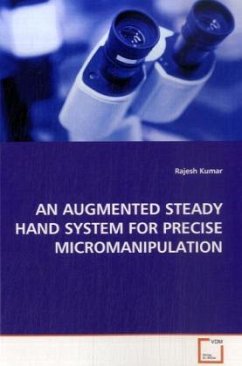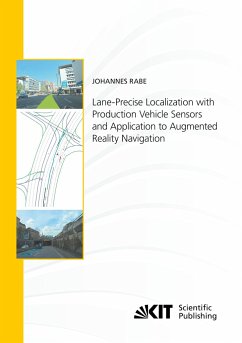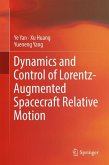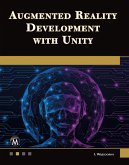Steady Hand cooperative manipulation is a hands-on
approach that integrates seamlessly in the surgical
practice. In steady hand manipulation, the tool is
held simultaneously by the user and the robot and
the robot complies to forces applied by the user.
Steady hand manipulation promises significant
improvements in safety, accuracy over conventional
practice at minimal cost and training to the user. It
also offers a way around the difficult problem of
encoding human intelligence, and preserves the
benefits from experience and training.
We explore the possibility of encoding/utilizing task
descriptions to improve transparency and performance
of a steady hand manipulation task. This is done by
constructing higher level representations of the
task. The user''s interaction with the robot,
tool-tissue interactions, and other sensory and
planning inputs can be used to identify the task
state and modify the behavior of the robot by using
using optimized task and control parameters.
Validation experiments for several cooperative tasks
with and without augmentation are presented.
approach that integrates seamlessly in the surgical
practice. In steady hand manipulation, the tool is
held simultaneously by the user and the robot and
the robot complies to forces applied by the user.
Steady hand manipulation promises significant
improvements in safety, accuracy over conventional
practice at minimal cost and training to the user. It
also offers a way around the difficult problem of
encoding human intelligence, and preserves the
benefits from experience and training.
We explore the possibility of encoding/utilizing task
descriptions to improve transparency and performance
of a steady hand manipulation task. This is done by
constructing higher level representations of the
task. The user''s interaction with the robot,
tool-tissue interactions, and other sensory and
planning inputs can be used to identify the task
state and modify the behavior of the robot by using
using optimized task and control parameters.
Validation experiments for several cooperative tasks
with and without augmentation are presented.








